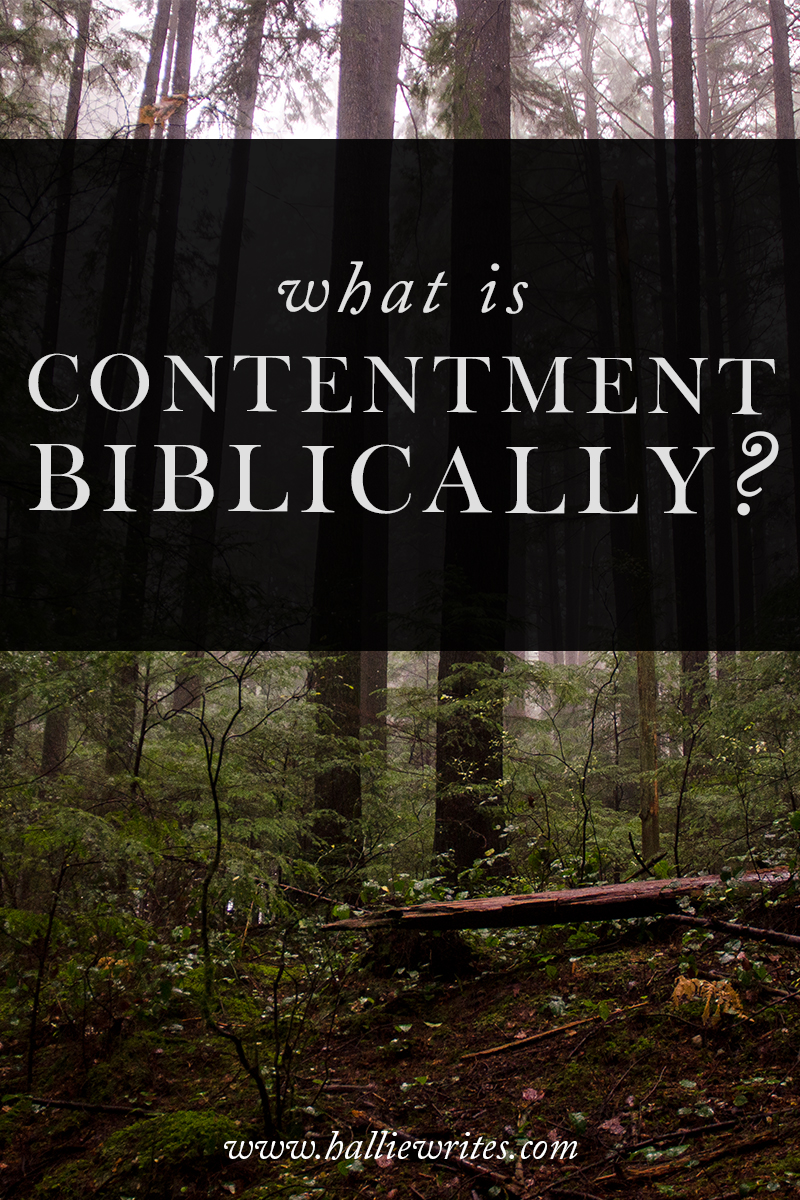starving, yet satisfied
/My favorite part of everything I do is what I learn along the way. So it’s a little weird to me that it took me so long to realize that I’m not an entrepreneur… I’m not a blogger… I’m not an artist… I’m not even a writer or photographer.
I’m a student. And these other things I’ve dabbled in, pursued, or wildly loved have all been means to my favorite end, which is learning.
Maybe I didn’t notice this sooner because out of all my adult siblings, I have the least formal education. I have two brothers with four-year degrees and my sister is going for her PhD to be a mathematician. I, on the other hand, went to one year of Bible school and have half an associate’s degree. But I’ve never stopped learning, because the world is my classroom, and though I’m never going to be a rich CEO or a starving artist, I am always going to be a student of God and life.
One of my favorite places in Jerusalem is the Temple Mount. The whole city holds so much to learn!
When I went to Israel last month, I was reminded how much I hate the act of traveling. I know that’s not a popular thing to say, but I really don’t enjoy packing, flying, living out of a suitcase, getting on and off a bus, or sleeping in hotel beds. That stuff does not excite me - it stresses me out.
But I was also reminded how much I absolutely love to soak up the immense learning opportunity of being in a foreign land.
I love to see unfamiliar sights, hear unfamiliar voices, smell unfamiliar scents. Travel, to me, is the most saturated and all-encompassing form of learning available. You can’t travel and not learn - that would be like plunging into a lake and not getting wet. The learning material is all around you. Every breath is a lesson. Your comfort zone, where you already know what you need to know and feel confident enough to get by, is miles and miles away.
Couple that with the fact that we chose a study tour of Israel rather than a “vacation” - consisting heavily of sound Bible teaching and incredible archaeological sites - and the trip felt, to me, like coming to a rich oasis of as much learning as I could consume, as quickly as I could take it in. Even now, weeks later, I still feel full and satisfied - and also, somehow, starving for more.
My sister took this picture of me editing the Bible study curriculum I’m currently working on. :)
I think I’m finally coming to terms with the idea that for me, success (or perhaps a better word is “satisfaction”) is found in learning. For a good chunk of my life, success could only be measured by getting an A on a test or by making someone else happy (and I definitely still have residual perfectionism and people pleasing that I deal with on a daily basis); for a lot of the people around me, success seems to somehow relate to money, milestones, or prestige (and I’ve often fallen prey to thinking that’s where I need to find my satisfaction, too). But deep down I know that God made me a learner, and that when I’m learning (or helping others learn, which is a learning experience all its own) I’m becoming more like the person He intends me to be. That’s not very glamorous, and it doesn’t help me figure out an answer for my most-hated question (“So, what do you do?”), but it is good.
It’s why I still love photography, after thirteen years behind a camera. Every time I shoot, I learn something new about how to capture truth, how to find light, or how to express the beauty I’m seeing with my own creative eye.
It’s why I love to write and have never given up blogging, even when I could count my readership on two hands. Writing is how I process information so that I don’t just hear something new and then forget it - I learn something new and understand it.
And it’s why I chose Bible school instead of traditional college, and still love to study and teach the Bible. I know I’ll never close that Book and say, “Okay, I’m done. I’ve learned it all.” Ironically, I feel the most satisfied in this life when I’m hungriest for more than just this life. My God is a fathomless mystery, and I’m pretty delighted that I get an eternity to learn from Him.
Now as they were traveling along, He entered a village; and a woman named Martha welcomed Him into her home. She had a sister called Mary, who was seated at the Lord’s feet, listening to His word. But Martha was distracted with all her preparations; and she came up to Him and said, “Lord, do You not care that my sister has left me to do all the serving alone? Then tell her to help me.” But the Lord answered and said to her, “Martha, Martha, you are worried and bothered about so many things; but only one thing is necessary, for Mary has chosen the good part, which shall not be taken away from her.”
Luke 10:38-42





